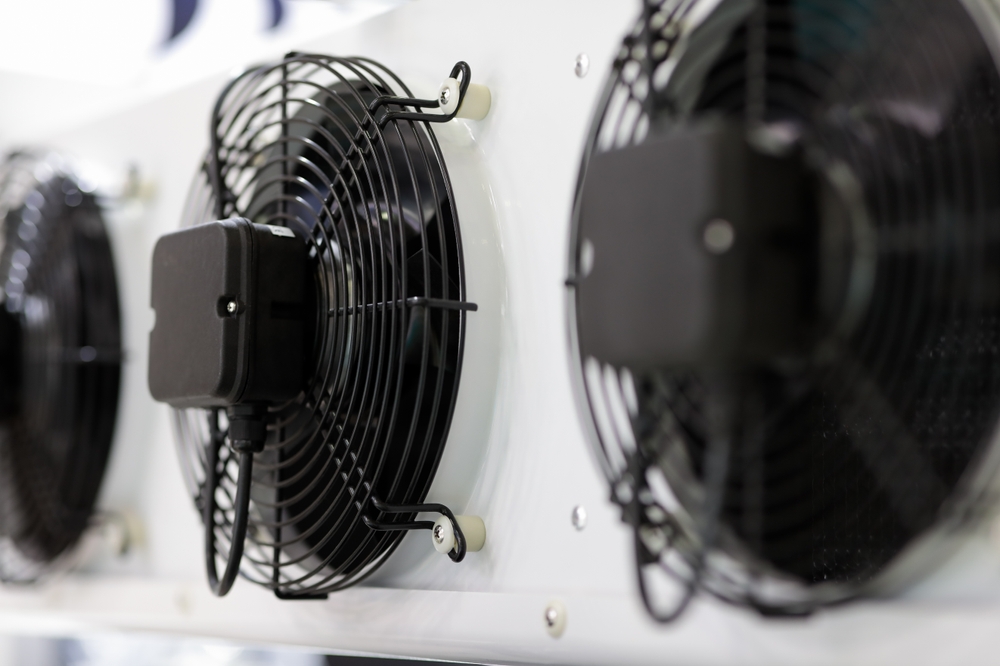
Resistance Life Enchance: Operation Maintenance and Savings Tips


An oil cooler heat exchanger is a device commonly used in industrial machinery and the automotive industry. Its main function is to reduce the temperature of engine oils, ensuring that the engine and other machines operate more efficiently. High oil temperatures can decrease the engine's efficiency and, in the case of overheating, lead to malfunctions. Therefore, oil cooler heat exchangers are critical for ensuring the system operates healthily and efficiently.
The oil cooler heat exchanger facilitates the heat transfer between oil and a liquid (usually water or air). The heated oil from the engine or machine is directed to the heat exchanger. Here, the oil circulates through the internal section of the exchanger, while heat exchange occurs with the liquid on the external section. This heat transfer reduces the oil's temperature, and the cooled oil returns to the system, allowing the engine or machine to operate efficiently. In this way, the engine's lifespan is extended, and efficiency increases.
Oil cooler heat exchangers provide significant benefits in both industrial machinery and the automotive industry. The primary benefits include preventing engine overheating and improving energy efficiency. Additionally, prolonged exposure of oil to high temperatures can lead to oil degradation and performance loss. Oil cooler heat exchangers maintain temperature control, helping the engine run healthily for longer. Another benefit is lower operational costs, as the heat transfer system makes cooling more efficient.

Oil cooler heat exchangers are produced in various types to meet different industrial needs. Each type is designed to suit specific operating conditions and heat management requirements. These types play a critical role in maintaining system efficiency, saving energy, and ensuring long-term use. Here are some common types of oil cooler heat exchangers:
Water-cooled oil cooler heat exchangers are among the most commonly used types in industrial machinery and the automotive industry. These exchangers use the cooling properties of water to reduce the temperature of engine oil. Since water has a high capacity for heat transfer, it provides excellent efficiency. These exchangers are typically used in large and heavy machines, such as generators, press machines, and vehicles with large engines. Water-cooled exchangers also take up less space and improve energy efficiency.
Air-cooled oil cooler heat exchangers are generally used in smaller machines and vehicles. These exchangers use ambient air to reduce the temperature of the oil. Compared to water-cooled exchangers, air-cooled systems require less maintenance as they do not need a water supply. They are commonly used in automobile engines, motorcycles, and smaller industrial machinery. Air-cooled exchangers are more cost-effective and are simpler to install and maintain.
Combined heat exchangers integrate both water and air cooling systems. These systems offer the benefits of both cooling methods simultaneously. Combined oil cooler heat exchangers are used especially in complex industrial systems and machines operating under heavy loads. Cooling with both water and air enhances efficiency and reliability. These exchangers optimize both cooling systems, adapting to variable conditions and ensuring the system operates efficiently.
Plate oil cooler heat exchangers are another type known for their highly efficient heat transfer capabilities. These exchangers consist of thin metal plates stacked on top of one another, with liquids passing through the gaps between the plates. Oil circulates on one side of the plates, while water or air flows on the other, facilitating heat transfer. Plate heat exchangers stand out due to their compact design and high efficiency. They are typically used in low-volume, high-efficiency systems and are easy to maintain and clean.
Tube oil cooler heat exchangers are used in larger systems and heavy machinery. These exchangers transfer heat between a series of tubes. Typically, water or another liquid passes through these tubes, exchanging heat with the oil on the external surface. Tube exchangers are highly effective in large machines due to their high heat transfer capacity. These types are commonly used in industrial machines, generators, and large automotive engines, where high-temperature conditions prevail. Tube exchangers also offer high pressure resistance, ensuring safe operation under harsh conditions.
Spiral oil cooler heat exchangers are preferred in applications where space-saving is crucial. These exchangers have spiral-shaped tubes, and the fluids between the tubes exchange heat with each other. The spiral design provides more efficient heat transfer and allows for a more compact exchanger. Furthermore, spiral exchangers take up less space, making them ideal for use in tight areas. These types of exchangers are frequently used in small industrial machinery and compact engines with space limitations.
Oil cooler heat exchangers are produced in various types to suit different industrial needs. Water-cooled, air-cooled, combined, plate, tube, and spiral exchangers offer solutions for various operating conditions and system requirements. Choosing the right type of exchanger based on the required cooling capacity and space constraints is essential to enhance system efficiency and ensure long-term use. These types provide various advantages for all types of industrial and automotive applications.
Oil cooler heat exchangers are commonly used in motor vehicles, heavy machinery, industrial equipment, and the automotive industry. In cars, these systems are used to control the temperature of the engine oil. Similarly, in industrial machines, such as presses, generators, and compressors, oil cooler heat exchangers are used to increase efficiency and prevent overheating. These devices are crucial for efficient and healthy operation in all types of industrial and commercial vehicles.

Fill out the form to discover the most suitable high-end products for your projects. Contact Us Now.